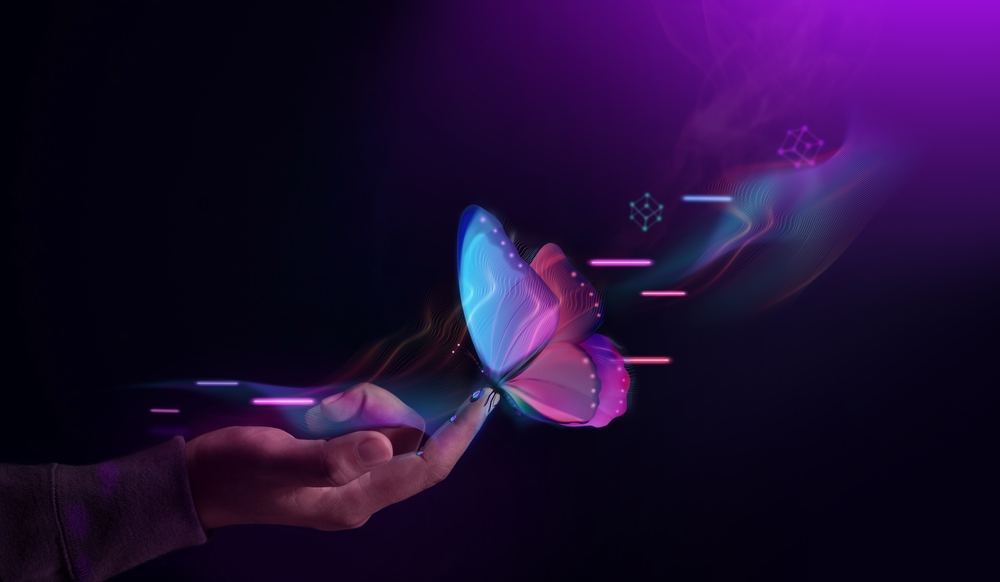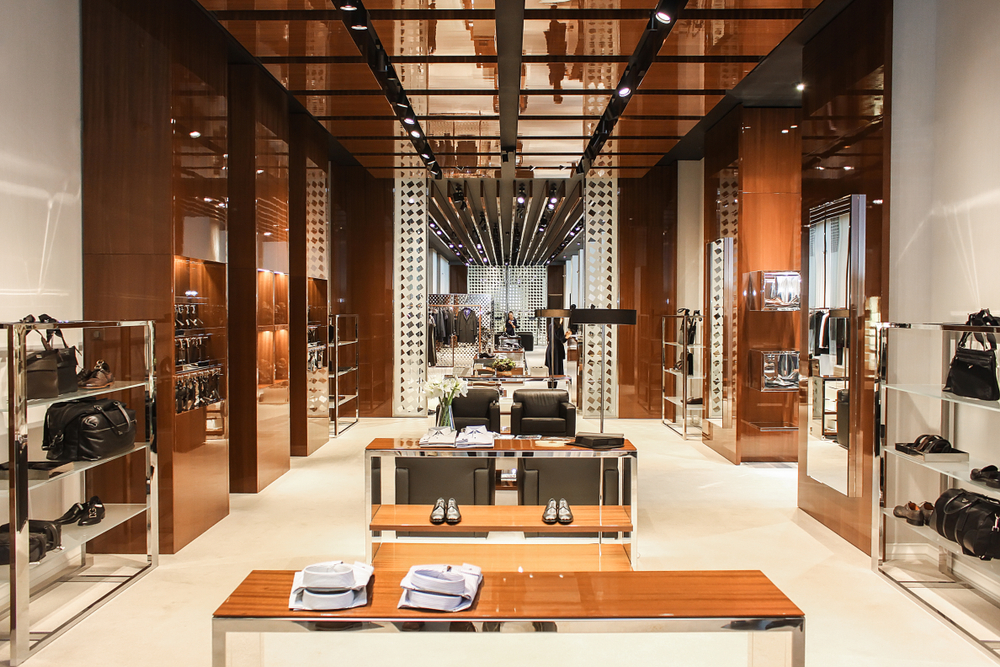After a brief decline during the COVID-19 pandemic, the luxury goods industry has bounced back at an impressive rate. The market is predicted to grow by 4.5% annually from 2022 to 2027, and the industry’s largest segment (fashion) came in with a market volume of USD $97.23 billion in 2022. In addition to growth, other luxury brand trends reflect the ongoing effects the industry faced as a result. Here is a look at how luxury brands are adapting and evolving to meet consumer demands.
1. Online Sales Are on the Rise
Until a few years ago, the luxury industry had not embraced ecommerce on a large scale. Many brands felt that an online platform would diminish the customer experience and brand reputation, so they stuck with what they knew best — physical storefronts.
Now, all that is changing. Luxury brands are investing in digital, creating new and inventive identities online. Consumers are fully supporting the change, with 20% of total luxury goods revenue coming from online sales in 2022.
2. Trust Matters More Than Ever
As the pandemic brought constant fear and uncertainty into the everyday lives of consumers all over the world, trust became one of their top concerns. This trend will continue to play out in 2023 — consumers are looking for brands they can trust to deliver quality products, an easy shopping experience and outstanding customer service.
So, which luxury brands are the most trustworthy in the eyes of consumers? The answers vary depending on the demographic. Generally, consumers believe reputable, established luxury brands to be the most trustworthy. But in some cases, the reverse is true. Older generations and Millennials put the most trust in local, small brands, and Chinese consumers are most trusting of niche brands.
3. Consumers Want to Invest in Experiences
Millennials have long established themselves as a generation that cares more about experiences than exclusive, luxury goods. And now, older generations are starting to share the same sentiment. “Experiential luxury” is one of the fastest-growing segments of the industry, with more consumers spending their money on cruises, hotels, fancy restaurants and more.
Luxury brands are getting ahead of the trend by offering both in-person and virtual experiences that give consumers lasting memories — along with eye-catching Instagram content and greater brand loyalty.
4. Entering the Metaverse

Many brands are still figuring out how and when to invest in their metaverse marketing strategy. But a select few (like Gucci and Burberry) are forging ahead, breaking into new frontiers and getting ahead of competitors.
These brands are investing in augmented reality (AR), virtual reality (VR), non-fungible tokens (NFTs), gaming partnerships and other cutting-edge technologies that could radically change the industry, attracting a fresh and young audience. According to Morgan Stanley, metaverse gaming and NFTs could offer the luxury market a revenue opportunity of €50 billion by 2030.
5. Social Consciousness Is In
When cost and quality are equal, more than 70% of consumers say they would rather support a “purpose-driven” brand. Luxury brands are taking note of this trend in 2023, investing more in social causes their customers care about.
But these initiatives cannot just be smoke and mirrors. They must be authentic and meaningful if they want to really pull it off. After all, the people have spoken: 90% of consumers say authenticity matters when deciding which brands to support. In order for luxury brands to really move the needle with their socially conscious branding, they will need to find social issues that align with their mission and values, then put their money where their mouth is.
Among the issues that consumers are concerned with is the environment. To address shopper demands for sustainability as well as to protect brand reputation, many luxury brands are embracing re-commerce. The second-hand market is growing faster than the primary luxury market and due in large part to younger consumers’ appetite for sustainable luxury. Recommerce has attracted the likes of Gucci, Burberry, Balenciaga, Rolex and Canada Goose and the industry will likely see more brands open resale channels as the year goes on.
Grow Your Luxury Brand with ESW
The luxury industry is changing, and only brands that embrace the latest trends and technologies will be able to keep up. ESW can help your DTC luxury brand grow like never before with secure, seamless, turnkey ecommerce solutions.
We’ll help you optimise your go-to-market strategy, open your catalogue to the world and maximise the DTC opportunity to the fullest. Learn how the best-loved brands in the world use ESW to delight their global customer base. Contact us today.




